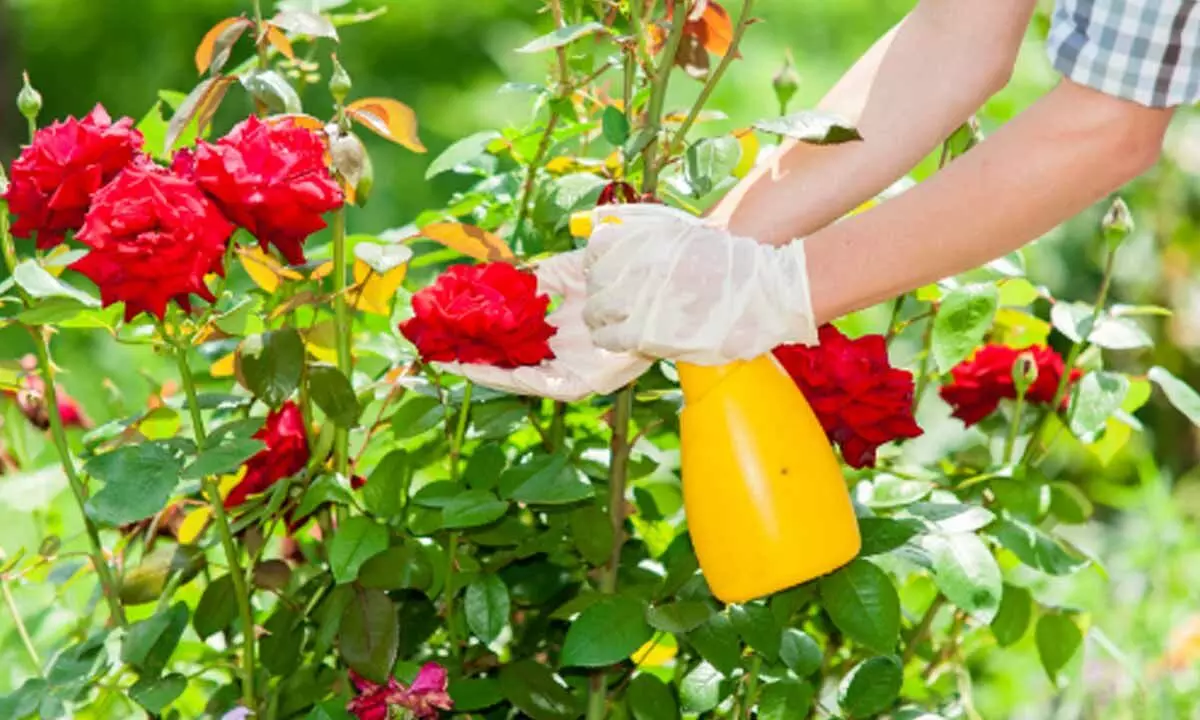
Seasonal Garden Care – What to Do Each Month
Garden maintenance is vital to healthy plants and harvests, whether you grow vegetables, flowers or herbs. Staying on top of regular tasks ensures your garden looks its best all year-round as well as helping identify pests before they become serious issues.
An ideal winter day to mow the lawn is on a dry day when conditions allow. Mowing will groom the yard while clearing away fallen pine needles and leaves from its surface, helping you achieve optimal yard hygiene.
Spring
Winter gardening chores tend to revolve around clearing away remnants from last summer’s garden, yet spring preparation should also be a top priority. Take this time to evaluate challenges you faced last season and devise a plan so that next year will be your most successful ever growing season.
Order summer-flowering bulbs and seeds such as lilies and gladioli for early Spring planting. Reenergize the soil through raking or tilling to loosen and aerate compacted areas, before applying compost as a boost of nutrients and an effective defense against disease-causing organisms.
Install a rainwater butt to collect seasonal rainfall and use it to water camellias, rhododendrons, and other acid-loving plants that do not like tap water’s acidity. Rainwater collection is environmentally-friendly and saves on costly summer irrigation costs; additionally it makes an ideal time for ordering mulch such as grass clippings, hay/straw bales or composted leaves for pest deterrence, erosion control and moisture retention purposes.
Summer
Summer is when we can see the fruits of our labors in the garden start to come into their own, yet that doesn’t happen overnight and requires constant care in keeping crops healthy, thriving and expanding.
Long hot days in the sun make spending time outdoors all the more inviting, even if you don’t necessarily prefer it. Luckily, there are numerous enjoyable and mindful summer activities that can help make this season’s most of it.
Visit your local farmer’s market with friends or family – solo or otherwise – or make plans to go to a museum; both activities offer exciting summer fun that are educational.
Soothe your mind at sunrise by gazing upon the colorful skies with watercolor hues, whether on an excursion to an idyllic location or right from your own backyard. This relaxing experience provides an idyllic escape from daily stressors – perfect for all ages and stages of life!
Fall
Autumn is the season for harvesting fresh produce, planting frost-hardy annuals like pansies and chrysanthemums, mulching garden beds and aerating lawns, and mulching garden beds with shredded leaves, compost or wood mulch to prevent overwatering of perennials, shrubs and trees planted this fall. When planting perennials or trees this fall be sure to set them two to three times their height deep to protect roots from winter cold. Mulching with leaves, compost or wood mulch also keeps soil looser thus helping prevent overwatering issues in future years.
Vegetable garden chores involve clearing away spent plants and picking off pests like cabbage loopers or army worms that invade cool-season greens as temperatures decline. Regular planting, rotating plots and selecting companion plants with natural predators may all provide assistance for successful gardening efforts.
Be sure to clean and store your tools properly this winter, using soap and water, scrubbing them dry before sanding and oiling wooden handles if necessary to avoid rough spots when used again next spring. Also save seeds from perennial plants like celosia and petunia for use next season by keeping them cool and dry until spring sowing time comes around.
Winter
Pull weeds regularly during cooler weather when soil remains soft from winter. Pull before they go to seed in order to prevent their reappearance the following year. For an effective insecticide solution, consider planting herbs and flowers that attract beneficial bugs that feed off pests; such as dill marigolds fennel yarrow and garlic can all attract beneficial bugs that eliminate pests without harming your garden.
Water your garden frequently and deeply during the summer season to reduce water loss due to evaporation. Mulching will also help conserve moisture, improve soil fertility, and suppress weeds while simultaneously improving soil structure.
Harvest vegetables as they reach maturity, including tomatoes and beans. Monitor the vegetable garden for signs of diseases or pests and treat promptly to minimize damage. Prune shrubs blooming on new wood, including butterfly bush, hydrangeas (both smooth and panicle varieties), potentilla and rose of Sharon; shear back evergreens like boxwood and arborvitae after their initial flush of growth has finished.



Average Rating